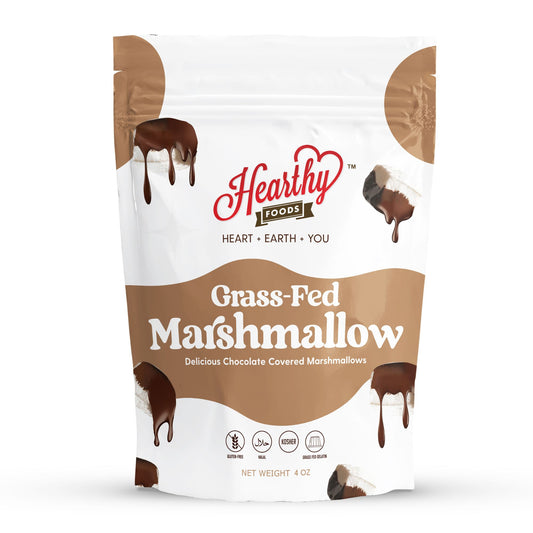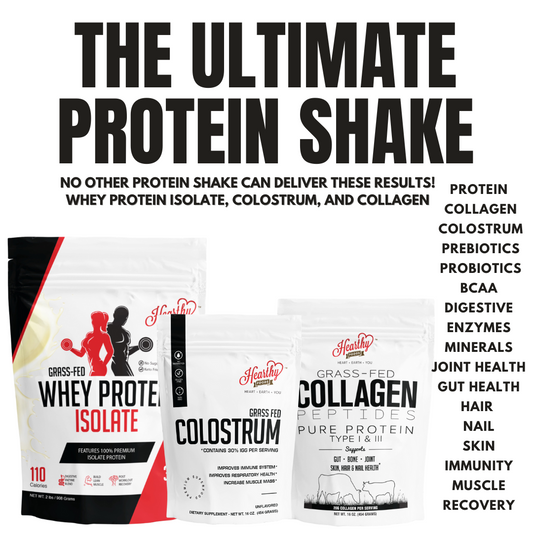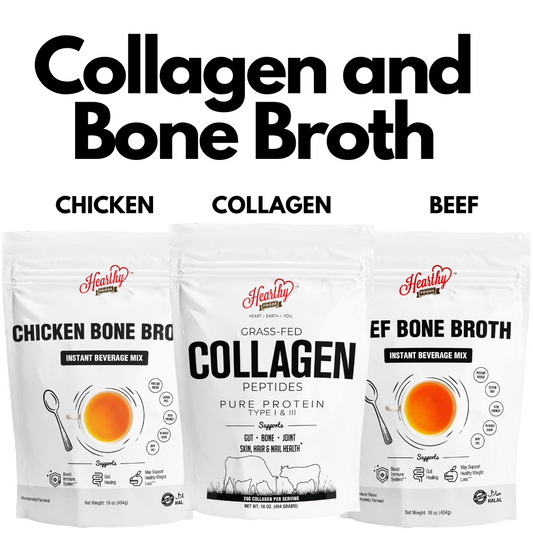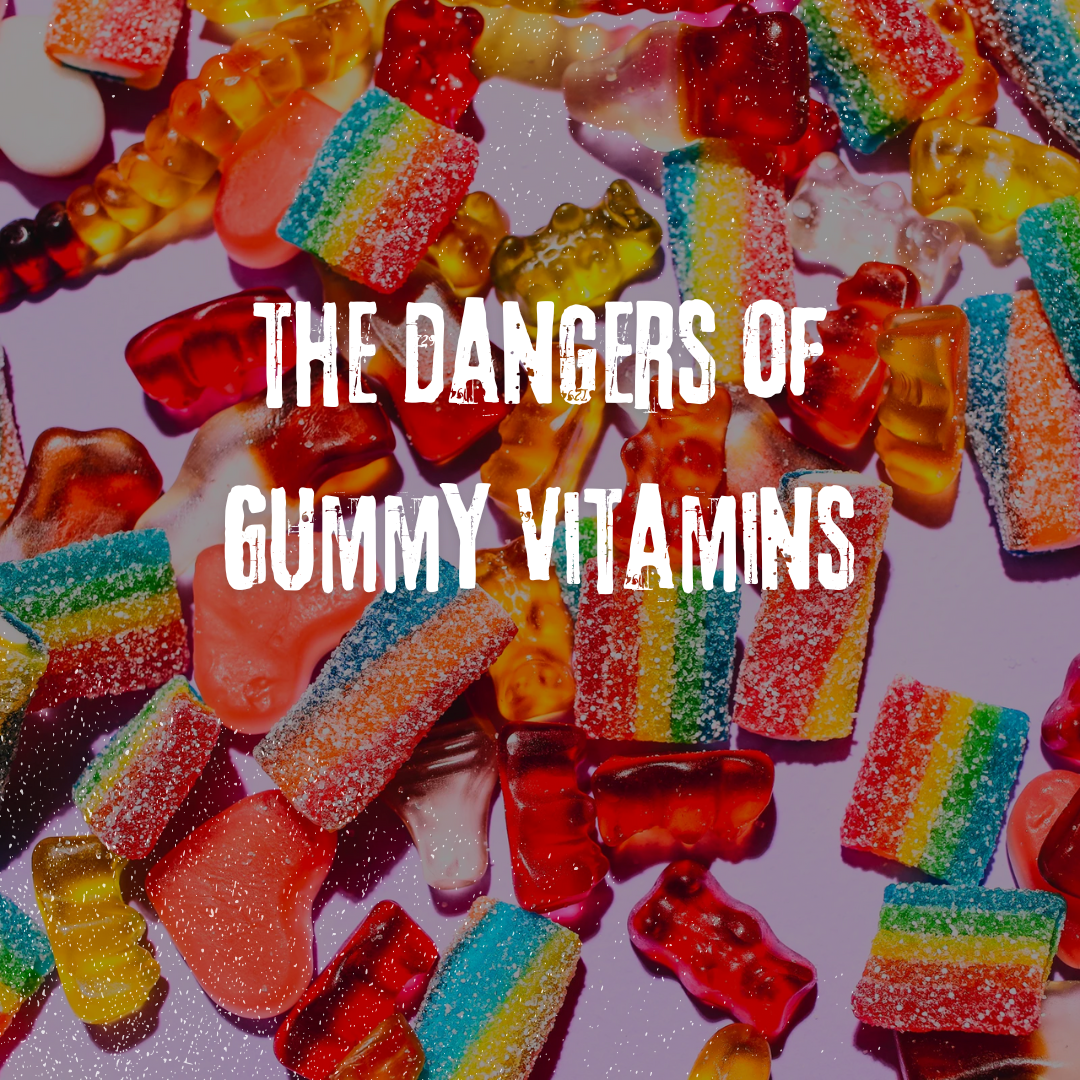
Signs Your Body Tells You : NO GLUTEN
Written By Lauren Pardee
Sure, pizza-induced bloating is expected from time to time, but if it's become a consistent issue, it could be time to reevaluate your relationship with gluten.
And bloating is just one sign that you could be dealing with a gluten allergy or sensitivity. According to Dr. Vivek Mittal, MD, of Mittal Gastroenterology & Rheumatology, diarrhea, constipation, smelly feces, abdominal pain, fatigue, tiredness, brain fog, anxiety, anemia, unexplained weight loss, bloody stool, and new changes in your bowel habits are all signs that your body is sensitive to or fully unable to digest gluten.
Of course, seeing a doctor is the first step to addressing your concerns - and, if they give you permission, Dr. Mittal said that keeping a food diary and tracking your symptoms as you make minor changes to your eating habits can help you learn more about how gluten interacts with your body.
"[The] amount of gluten [in one's] diet should be individualized based on the symptoms using a symptom diary," he added.
"Gluten-free can be to various degrees. A patient diagnosed with celiac disease will need to completely avoid gluten, including separating cooking utensils and reading each label carefully. A gluten intolerance is where a small amount of gluten can be tolerated."
Harvard Health Publishing noted that people with celiac disease can damage their small-intense lining after eating just 50 mg of gluten (about a small crouton!). In contrast, those with gluten sensitivities can generate symptoms similar to celiac, but without the intestinal damage.
A blood test can help you identify if you have celiac or nonceliac gluten sensitivity, Harvard Health Publishing added.
Some good news: just because you have a gluten sensitivity now doesn't mean it's always a forever diagnosis. The Mayo Clinic shared that some people with nonceliac gluten sensitivities can retest their gluten sensitivity one or two years after removing gluten from their diet.
And for those considering going gluten-free despite not having a gluten allergy or sensitivity, know that there is not enough science to prove that it's always beneficial for your health.
Not only are gluten-free alternatives often more expensive, but the Mayo Clinic noted that they may lack important nutrients found in gluten-containing products, like iron, calcium, fiber, thiamin, riboflavin, niacin, and folate. Plus, they may have higher fat and sugar content, too.
It all boils down to seeing your doctor; if you really want to feel your healthiest, seeking medical guidance is the best way to do it.







